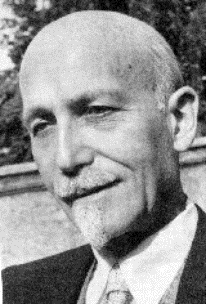Integrating the Quest

“The teaching that the Quest cannot and should not be separated from life in the world is a sound one.
Therefore, it is part of philosophy and is not some eccentric enterprise to be undertaken by those who wish to escape from the world, or who, being unable to escape, consider themselves as belonging to a class apart from others in their environment – superior to them, different from them, and holier than them. They also come to consider the Quest as an artificial system of living, devoid of spontaneity and naturalness – something to be labored at by making themselves abnormal and inhuman. One of the consequences of this attitude is that they tend to overlook their everyday responsibilities and thus get into difficulties. Philosophy has consistently opposed this tendency. Unfortunately, in the reaction from it, there has arisen a fresh confusion in the minds of another group of students who do not understand the beautiful and adequate balance which true philosophy advocates. These students, swayed by such teachers as Krishnamurti, become so enthused by the notion of making spiritual progress through learning from experiences and action alone that they follow Krishnamurti’s advice and throw away prayer, meditation, and moral striving, as well as study under personal teachers. This limits them to a one-sided progress and therefore an unbalanced one. Total truth can only be got by a total approach; as Light on the Path points out, each of these forms of approach is but one of the steps and all steps are needed to reach the goal.
The whole of his being must be involved in the effort if the whole of truth is to be found. Otherwise the result will be emotional alone, or intellectual alone, or adulterated with egoistic ideas and feelings.”
–Paul Brunton (a.k.a. Raphael Hurst, English Philosopher, Traveler, Spiritual Teacher and Author, 1898-1981)






